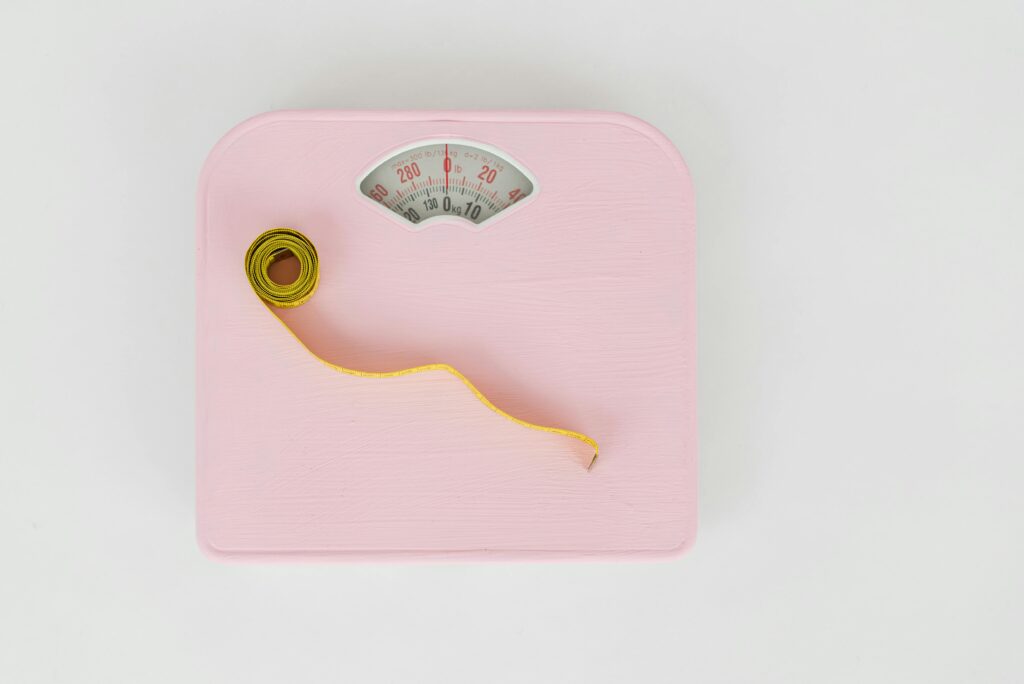10 Ways Sleep Apnea Surgery Can Improve Your Health and Well-Being
Have you often found yourself waking up multiple times throughout the night? Do you often experience headaches and exhaustion in the daytime? Has your spouse or partner complained that you snore too loud? If any of this applies to you, you may be one of 30 million Americans who suffer from sleep apnea. Of course, CPAP machines have shown to be helpful, but they’re also big and cumbersome, which is why most people stop using them after a few years. But for sleep apnea sufferers, there’s a better way to improve your sleep—and one that also offers numerous benefits to your health: sleep apnea surgery.
Why Sleep Apnea Surgery May Be Right For You
Unlike CPAP machines, which can cause a lot of discomfort, sleep apnea surgery helps restore airflow by addressing physical obstructions in the airway. This makes breathing easier during sleep—and without you ever having to wear a mask.
At Gallatin Valley Surgical Arts and Surgical Sleep Solutions, we specialize in bimaxillary advancement surgery—one of the few surgical centers in the country to do so! This specialized type of surgery eliminates the obstructions that cause sleep apnea by correcting the actual structure of the mouth and jaw. Our team of surgeons are experts on this specialized type of surgery, which has a proven track record of success.
But you won’t just sleep better after surgery. You also start feeling better, too.
1. Improved Sleep Quality
Doctors have long advised that eight or more hours of uninterrupted sleep a night can positively affect our mood and ability to make decisions. More sleep can also make us happier. Simply put, if you’re not getting enough quality sleep each night, it could have harmful effects on your overall health. Since sleep apnea surgery opens blocked airways, you can breathe easier at night, while improving the overall quality of your sleep.
2. More Energy
People with sleep apnea usually have up to five breathing pauses an hour, causing them to wake up several times throughout the night. For many people with the condition, they’re not even aware they’re waking up so frequently throughout the night, which has the added effect of leaving them exhausted throughout the day. Surgery eliminates those frequent awakenings, leading to more energy and reduced daytime drowsiness.

3. Improved Breathing
“Apnea” is a Greek word that literally translates to “without breath.” The whole purpose of procedures like bimaxillary advancement surgery is to reduce or eliminate those blocked airways, thus making sleeping easier. But patients who have the surgery don’t just report breathing easier at night. Studies have shown that they also experience noticeable improvements in their daytime breathing.
4. Weight Management
No one likes putting on extra weight—and for some of us, diet and exercise have their limits. However, weight gain is often a side effect for those with sleep apnea. Improving sleep quality with surgery can regulate appetite-controlling hormones, and support both weight management and even weight loss.

5. Reduced Risk of Diabetes
Since people with sleep apnea have their breathing restricted, it causes their oxygen levels to drop. This makes it harder for the body to use insulin properly and results in higher blood sugar levels, both of which are key factors in Type 2 diabetes. This is why an estimated 7 in 10 people with sleep apnea also have Type 2 diabetes. However, sleep apnea surgery may help lower the risk of diabetes by improving sleep quality and potentially aiding the body in managing blood sugar more effectively.
6. Lower Risk for Heart Disease and Stroke
By causing repeated drops in oxygen levels, sleep apnea puts extra strain on the heart and blood vessels, which can lead to heart disease and stroke. However, sleep apnea surgery can lower the risk of both. By making it easier to breathe during sleep, surgery may help lower blood pressure and support heart and blood vessel health.

7. Improved Memory and Focus
A fact of life is that our ability to retain memory and focus decreases as we age. However, sleep apnea may accelerate these challenges, increasing the risk of cognitive issues such as memory loss and impaired thinking. Sleep apnea surgery improves oxygen levels and sleep quality, which can boost your overall memory and focus.
8. Enhanced Mood
Poor sleep has been linked to such serious health issues as changes in mood, anxiety, and even depression. With sleep apnea surgery, however, you have less interrupted sleep, helping you feel more refreshed in the morning and throughout the day. You’ll also alleviate the irritability you feel when you’re not sleeping well. Simply put: when you sleep better, you feel better.
9. Improved Confidence
Have you ever stayed up too late and woke up feeling like you’re only operating at half your usual capacity? Now imagine feeling that “half awake” feeling every single day. That’s what it’s like to live with sleep apnea. When sleep apnea is treated through surgery, however, you’re no longer dealing with the physical and emotional toll of sleep deprivation. As a result, getting more sleep can boost your self-esteem and confidence in daily activities.
10. Better Relationship with Your Partner
Persistent snoring is one of the most common symptoms of sleep apnea, and it’s often a major reason couples sleep in separate beds. However, sleeping in separate beds can lead to a decrease in intimacy and emotional attachment. With research showing that couples who sleep in the same bed experience greater connection, reducing snoring through sleep apnea surgery can lead to better sleep for partners and potentially strengthen relationships in the long term.

Explore the Benefits of Sleep Apnea Surgery
Curious about how sleep apnea surgery can help you? The expert team at Gallatin Valley Surgical Arts and Surgical Sleep Solutions is here to answer all of your questions. Schedule a free consultation with one of our surgeons today!

